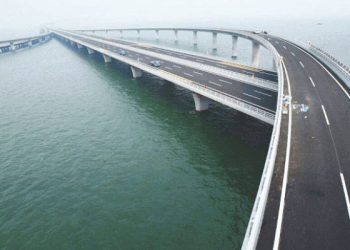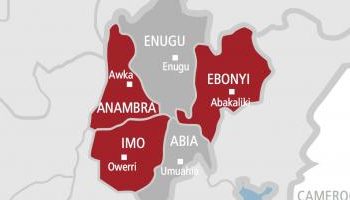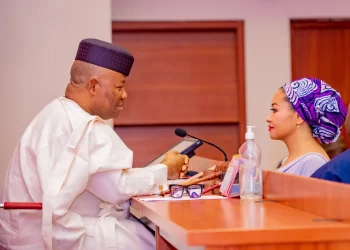THE Federal Capital Territory Administration recently impounded 40 vehicles and 52 motorbikes as part of efforts to sanitise the FCT’s transport system. This highlights the urgent need to strengthen measures against illegal transport operators and restore Abuja’s reputation as a modern city. Expanding enforcement is essential to effectively address this menace.
Deborah Osho, the Acting Director of the FCT Directorate of Road Traffic Services, explained that the vehicles “were impounded for traffic violations such as route breaches, driving against traffic, and mostly for being unpainted. These unpainted taxis are linked to ‘one chance’ robberies”.
Justifying the seizures and the resolve, Mandate Secretary of the FCT Transport Secretariat, Chinedu Elechi, said, “We don’t just impound vehicles; the owners will face mobile courts. The motorcycles will be crushed based on court orders, but all actions follow judicial processes.”
For these interventions to have a lasting impact, the FCTA must focus on strengthening the fundamentals of public transportation, including mass transit and the light rail system.
This approach is key to driving illegal private taxi operators out of business, significantly reducing or even eliminating “one chance” robberies and traffic congestion.
The FCT has long been plagued by illegal transport operations and related insecurity. For example, in the first quarter of 2021, 1,500 illegal commercial motorcycles were forfeited to the Federal Government.
More recently, in July, 280 vehicles, including cars, tricycles, and motorcycles, were impounded from illegal transport operators. In August, the FCT Police Command seized 675 vehicles for various offences such as illegal taxi services, use of tinted glasses, and covered number plates.
These illegal transport activities have exacerbated insecurity, contributing to crimes like “one chance” robberies, roadside extortion by louts, and kidnapping for ransom or rituals.
Residents often fall victim to unregistered taxi operators who use unpainted vehicles or tinted glasses to deceive and rob passengers of valuables, sometimes forcing victims to wire money from their accounts. Some victims have ended up dead.
Reports estimate that ransom payments in the FCT between 2021 and 2022 reached N653.7 million.
Moreover, the violent collection of fees by louts from commercial drivers and motorcyclists continues to endanger lives. Just two weeks ago, a family of four lost their lives due to violent activity involving these louts. This is an unacceptable tragedy that must not be repeated.
Such illegal activities tarnish the Federal Capital Territory’s image as a modern city and threaten residents’ safety and dignity. They run counter to the Abuja Master Plan, which envisions a centrally located capital symbolising national unity and modernity.
Non-state actors known locally as ‘agberos’ have no place in the city’s transport infrastructure; their activities should be confined to transport parks to minimise public harm.
Technology must play a central role in modernising FCT transport operations. While painting vehicles is a helpful immediate step, private taxis should be required to adopt technology-driven solutions, as demonstrated by corporate operators like Uber and Bolt. Installing CCTV cameras at strategic points and establishing control rooms to track vehicles can enhance security.
There must be proper profiling of city transport operators by the police. Security-enhanced devices, such as proper licensing, background checks of taxi drivers, data verification, and posting of vehicle registration numbers on the inside of taxis to enable passengers to share ride details with their loved ones, should be adopted.
Security is a collective enterprise that requires the Federal Government’s active involvement. In August, US President Donald Trump deployed the National Guard to Washington, D.C., and 800 soldiers to the Capitol, when the city was “taken over by violent gangs and bloodthirsty criminals.”
Similarly, as the seat of power, the FCT deserves a modern transport system that is commensurate with global standards. Achieving this will require sustained collaboration and strategic funding.














































